Welcome to Huntington Heart Center Blog
Understanding Chest Pain & Knowing When to Worry

Chest pain is one of the scariest concerns we experience in our lives. Human nature leads us to believe that the worst may be happening – a heart attack. Fortunately, most chest pain issues, also known as angina, are far less severe, but this does not mean that chest pain should be ignored. This article will cover the common causes of chest pain and what patients should do if they feel it. Of course, if the chest pain is unusual, severe, or persistent, this may be a medical emergency, and you should call 911 or go to your nearest emergency room without delay.
The Choice Between Medication & Procedure for Cardiac Arrhythmias & Afib
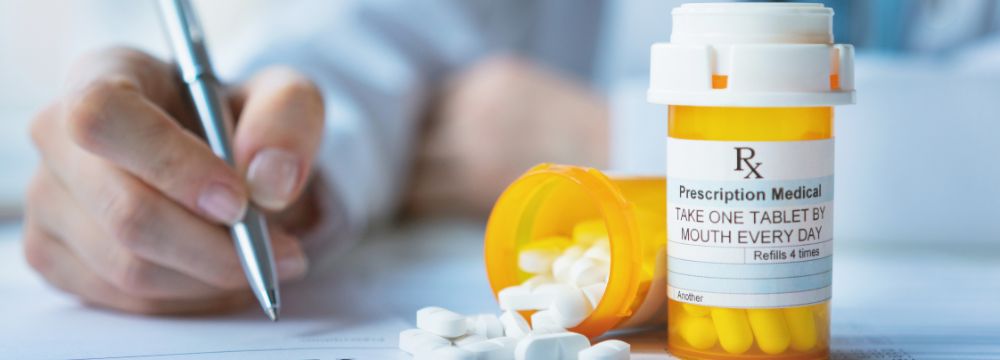
Patients often have multiple possible treatment pathways for cardiac arrhythmias, particularly atrial fibrillation (Afib), the most common of these conditions. Similarly, as cardiologists and electrophysiologists, we like to take a stepwise approach toward this condition, starting with the least invasive option and moving on as necessary. Lifestyle issues – things we can modify, including alcohol consumption, excess weight, poor diet, a sedentary lifestyle, and more, are leading risk factors for cardiac arrhythmias.
As such, when you first come to a consultation, we will perform a complete evaluation to determine the next best course of action. This may include evaluating medication and working with other medical specialists to tweak or replace certain drugs causing an arrhythmia.
Three Ways to Reduce Your Blood Pressure

Blood pressure, or hypertension, is one of the most common precursors to severe cardiovascular disease and affects millions of Americans. With high blood pressure on the rise, the general worsening of the American diet, and an increased prevalence of a sedentary lifestyle, we have found ourselves facing an excess weight and obesity epidemic. Now more than ever it is imperative to understand blood pressure, how to measure it, and what markers to look out for in keeping ourselves on the right track for optimal cardiovascular health.
Erectile Dysfunction (ED) As It Relates to the Heart

As we age, many bodily and sexual functions begin to decline. None, however, strike more terror in a man than erectile dysfunction. While this is a prevalent condition, it is one that men are often embarrassed by, and very often because of that, do not seek appropriate treatment. To address the embarrassment and concerns of many men, several online mail-order options have been created, promising patients a discrete consultation and getting their ED medications without going to the pharmacy.
However, there is a significant concern that some of these men’s health services do not address — the heart.
What Does Heart-Healthy Food Labeling Mean?

The past several decades have seen an incredible shift in the food landscape in the United States. The rise of cheap and highly processed food has partly fueled obesity and metabolic disease, a crisis that we, as cardiologists, constantly contend with. Food companies have gone to great pains to label products as heart-healthy with guidance from the FDA that set specific rules about what can and can’t be labeled as healthy (first in 1994, and to be updated soon). Since 1995, the American Heart Association has offered similar guidance through its Heart-Check Certification program. But, are these labels informative, should they be followed, and is it enough?
Supplements as Part of a Heart-Healthy Regimen

Supplementation has become an ever-greater part of the collective psyche in the US. As dietary and lifestyle habits have changed, and more of us suffer from metabolic diseases due to excess weight, our understanding of bodily functions and vitamin and mineral interactions has improved. Are we on the right track, or have we taken it too far? Today, you can’t go to a big box store without seeing rows of supplements, from those we know well to obscure roots and herbs that we have difficulty pronouncing. With all the claims swirling around each of these supplements, do they have a place in maintaining cardiovascular health, or do they represent a Band-Aid for those looking for an easy way out? Continue reading →
Will My Catheter Ablation Hurt?
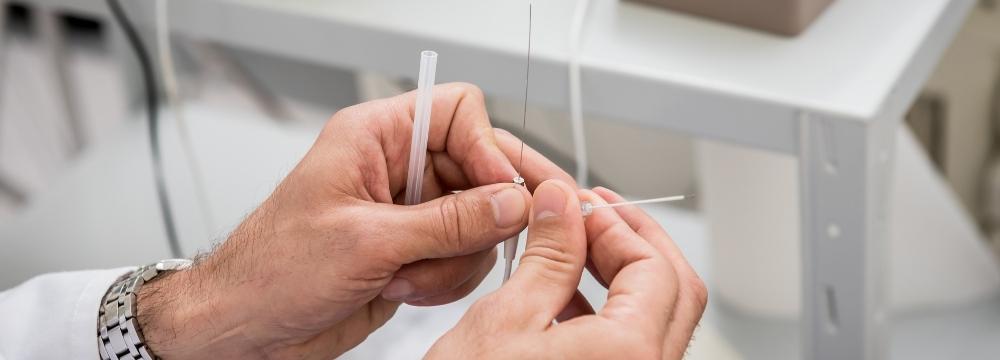
If you have been researching treatment options since being diagnosed with atrial fibrillation, you have likely come across an exceptionally effective treatment option known as cardiac catheter ablation. Catheter ablation uses heat (RF waves) or cold (cryotherapy) to ablate or destroy malfunctioning heart tissue causing arrhythmia. In properly selected patients, cardiac catheter ablation can be highly successful and safe and does not preclude further interventions to the heart should they be necessary for the future.
What Happens When Your Pacemaker Runs Out of Batteries?
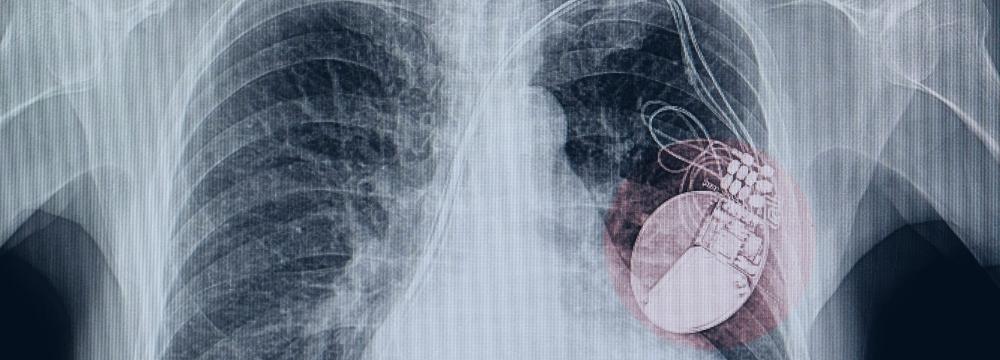
A pacemaker is an amazing medical device, and technology has advanced dramatically over the past few decades. What were bulky and often short-lasting devices are now more streamlined than ever, with longer battery lives than ever before. Further, we now have a new standard in leadless pacemakers implanted directly into the heart and do not require wires to fulfill their pacing duties.
However, as with any self-powered battery-operated device, they have a life span – of usually about 8 to 10 years. This lifespan depends mainly on how often the pacemaker needs to fire, general care of the device, and manufacturing tolerances that may increase or shorten the life of the device.
3 Ways to Help Prevent Deep Vein Thrombosis
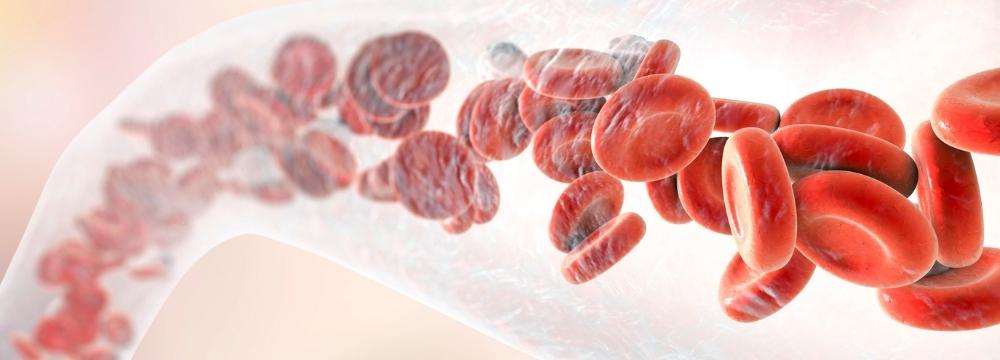
Deep vein thrombosis, or DVT, is a truly concerning condition. To understand it, we must learn more about the circulatory system. Blood is pumped through the heart and around the body. This is why you can feel your pulse, even in your extremities. To get the blood where it needs to go as fast as possible, we have incredibly strong-walled blood vessels known as arteries. These arteries transport blood to the extremities, where smaller blood vessels take them to every cell in our bodies. Our blood delivers oxygen to each of our cells, allowing them to work efficiently and keeping us healthy. However, once the blood is depleted from the arteries, it has to return to the heart, and this is a job taken on by the veins – low-pressure blood vessels that bring the blood back to the heart, where it is pumped to the lungs and re-oxygenated. This process is repeated hundreds of thousands of times each day for the rest of your life.
What Is Silent Afib, and Why It Matters?
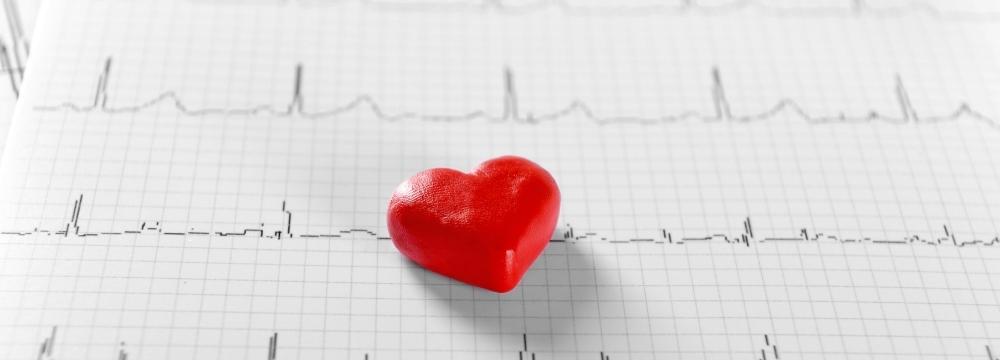
Atrial Fibrillation, or Afib, is one of the most common cardiac arrhythmias or irregular heartbeats in the US and worldwide. And it has been increasing in prevalence. It is estimated that upwards of 5 million people in the United States suffer from Afib. Still, many have gone undiagnosed or are simply not receiving the care they need to manage the condition. It’s important to note that while Afib itself is not inherently dangerous, except in rare cases, it can lead to longer-term conditions, including increased risk of stroke, increased risk of heart attack, and longer-term risk of congestive heart failure. As such, Afib should be treated at its earliest signs. Fortunately, most patients who experience Afib have options, and modern-day Afib therapies are not only safe but very effective.







